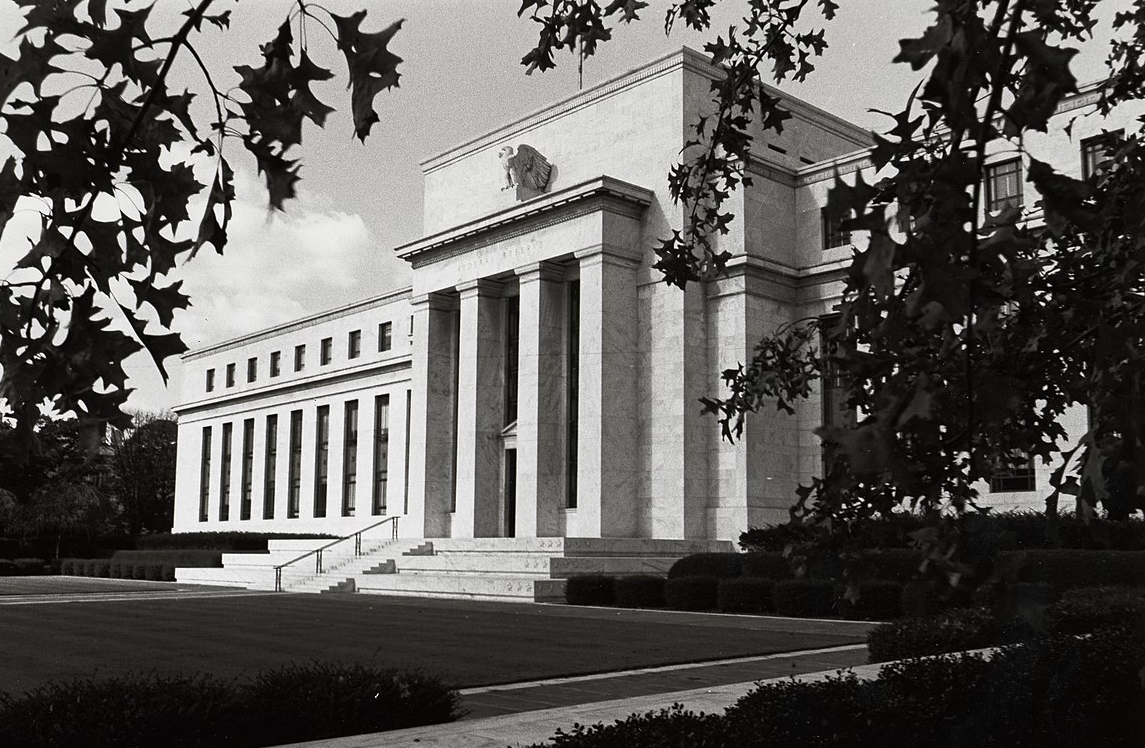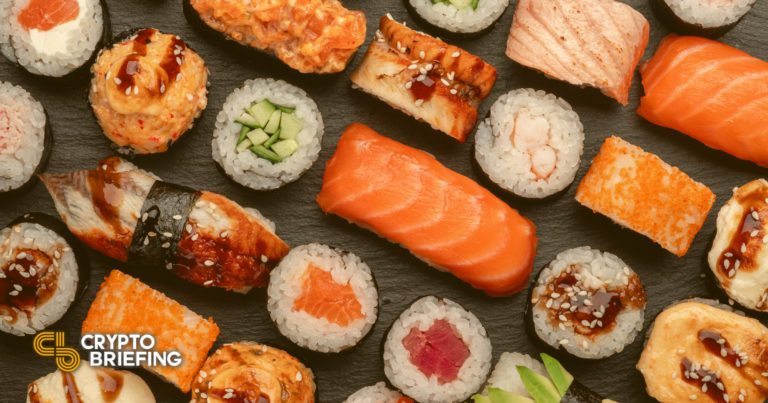This article is an onsite version of our Disrupted Times newsletter. Sign up here to get the newsletter sent straight to your inbox three times a week
Today’s top stories
-
China has U-turned on plans to block some of the world’s busiest airspace near Taiwan for three days, causing confusion over Beijing’s priorities in handling its stand-off with Taipei and Washington.
-
Carmakers in the US will be forced to make 67 per cent of their American models electric by 2032, under tough new emissions limits proposed by the Environmental Protection Agency.
-
Speaking in Belfast, Joe Biden publicly called on Northern Ireland’s political leaders to end a long-running stalemate at Stormont. The US president met Rishi Sunak this morning to discuss the economic potential of Northern Ireland, and how the US — its largest investor — can support development in the rudderless region.
For up-to-the-minute news updates, visit our live blog
Good evening and welcome back to Disrupted Times. Darren is on holiday, so I am with you for today’s edition.
The World Bank and IMF met for the start of their spring jamboree in Washington yesterday. But the latest forecasts published as part of the annual meeting were more ominous than sunny — projecting Britain’s growth this year to be the worst among G20 economies.
Despite chancellor Jeremy Hunt’s efforts to revitalise the economy, the IMF forecast that the UK economy would shrink by 0.3 per cent in 2023, even after a significant upgrade to the forecast of a contraction of 0.6 per cent in January.
“With the recent increase in financial market volatility, the fog around the world economic outlook has thickened,” the IMF said. While the fund’s forecasts hadn’t changed much since the start of the year, it warned of a “hard landing” for the global economy if ever-higher interest rates are needed to bring down sticky inflation and cause financial sector stress to flare.
But data today showing US inflation at its lowest level in nearly two years offers glimmers of relief. The consumer price index for March rose by 5 per cent year-on-year — down from the 6 per cent recorded in February, according to the Bureau of Labor Statistics. US stock futures shot up and Treasuries rallied following the data drop.
However, core CPI, which excludes volatile energy and food costs, rose by 5.6 per cent year-on-year following a 0.4 per cent monthly jump, suggesting the Federal Reserve still has work to do.
The US central bank appears divided on whether to call time on rate hikes, ahead of its policy meeting next month. New York Fed president John Williams said another quarter-point interest rate increase was a “reasonable starting point”. But Chicago Fed President Austan Goolsbee called for “prudence and patience” and urged caution on raising rates.
Fears around the collapse of Silicon Valley Bank, as well as the rescue and takeover of Credit Suisse, are still swirling among finance system regulators. Klaas Knot, chair of the Financial Stability Board, has urged officials to tighten rules after the banking panic exposed holes in oversight.
At the sidelines of the IMF meeting today, Bank of England governor Andrew Bailey told the Washington-based Institute of International Finance we are not “facing a systemic banking crisis”, but warned that regulators may need to rethink how much cash banks are forced to set aside following the SVB bank run.
Join the FT’s Stephen Bush and Peter Foster, as well as Jane Green, professor of political science at Oxford university, for the first live event hosted by Inside Politics, Stephen’s award-winning newsletter. The live webinar on April 19 at 1pm BST will ask if a Labour victory at the next general election is inevitable. FT subscribers can register for free here.
Need to know: UK and Europe economy
European aviation faces more than €800bn in extra costs to reach net zero emissions by 2050, according to industry estimates that highlight the challenge facing the sector as it decarbonises.
Swiss lawmakers have voted against a SFr109bn government-backed liquidity package underpinning UBS’s takeover of Credit Suisse in symbolic protest against the deal.
The UK has cracked down on several financial fixers supporting Russian oligarchs such as Roman Abramovich and Alisher Usmanov, the government revealed in a statement.
The chief of Holiday Inn owner InterContinental Hotels Group has warned that the UK stock market is “not a very attractive place” for listed companies and called on authorities to get on the “front foot” to arrest further decline.
A senior Dutch minister has warned fellow politicians in Europe of waning public support for the region’s climate policies as showcased by a continuing stand-off between farmers and the government over greenhouse gas limits in the Netherlands.
Need to know: Global economy
Low-income countries will receive their biggest bills for servicing foreign debts in a quarter of a century this year. Sri Lanka faces the steepest schedule of external repayments, equal to 75 per cent of government revenues.

Australia will suspend a complaint against China with the World Trade Organization after Beijing agreed to review steep tariffs on Australian barley, in the latest breakthrough that signalled the easing of trade tensions between the countries.
China is leading the rise in export restrictions on critical minerals that are restricting the availability and raising the price of raw materials needed for a green energy transition, according to an OECD report.
Hongkongers who moved to the UK are being blocked from accessing as much as £2.2bn of pension assets, with activists accusing the city’s government of retaliating against those deemed “unpatriotic” following a political crackdown.
Need to know: business
EY’s US business will launch a $500mn cost-saving programme after its opposition torpedoed plans for a historic split of the Big Four firm.
Silicon Valley investors are touring the Middle East, seeking to build long-term ties with sovereign wealth funds during the worst funding crunch for venture capital firms in almost a decade.
Thoma Bravo, the acquisitions-hungry private equity group, lost out in the race to buy a highly prized technology company that was eventually sold for $12.5bn amid fears that US authorities would stymie the deal on competition grounds.
Volvo Group overcame worries about waning demand and supply chain problems for truckmakers as the Swedish company posted record results more than a week earlier than scheduled.
The World of Work
JPMorgan has told managing directors to be in the office five days a week and warned other employees not to fall short of their “in-office attendance expectations”, according to a memo sent to staff.
What makes a good leader in 2023? Grace Lordan, associate professor at the London School of Economics and director of the Inclusion Initiative, shares her insights here.
In the latest Working It podcast, host Isabel Berwick investigates why closing the gender pay gap has made little progress over the past 20 years and assesses what needs to change.
Some good news
Women make up half of New Zealand’s government cabinet for the first time in its history. The country’s decision-making body of ministers reached gender equity as MP Willow-Jean Prime, minister for conservation, joined the cabinet, meaning a 50/50 split between men and women.

Recommended newsletters
Working it — Discover the big ideas shaping today’s workplaces with a weekly newsletter from work & careers editor Isabel Berwick. Sign up here
The Climate Graphic: Explained — Understanding the most important climate data of the week. Sign up here
Thanks for reading Disrupted Times. If this newsletter has been forwarded to you, please sign up here to receive future issues. And please share your feedback with us at [email protected]. Thank you















